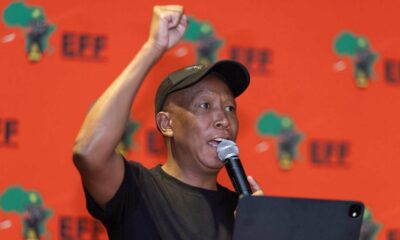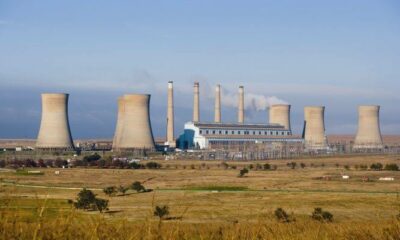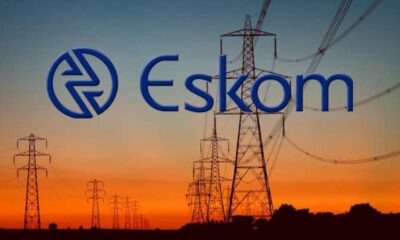Business
South Africa Faces Steep 30% Electricity Tariff Hike, Threatening Resellers and Consumers

South Africa is bracing for a significant electricity tariff increase that is already sending shockwaves through the electricity resale market and household budgets. The Electricity Resellers Association of South Africa (Erasa) has confirmed that many end-users in Eskom distribution areas will soon face a sharp 30% hike in tariffs — a reality that threatens to disrupt the delicate balance between resellers and consumers.
The Hardest Hit: Smaller Households and Sectional Title Units
Most affected are households renting or owning sectional title units that consume around 400 kWh monthly. These are often families already grappling with financial constraints, and the sudden increase in electricity costs could push many to the brink of non-payment. Johan Hopley, Erasa’s chair, highlighted that such a steep rise could exacerbate existing financial pressures, risking widespread payment defaults.
How Resellers Fit Into the Electricity Value Chain
Electricity resellers serve a crucial role, especially in sectional title schemes where Eskom or municipal distributors supply electricity to a bulk connection point. From there, resellers handle internal distribution to individual units. While they buy electricity in bulk from Eskom or municipalities, resellers are restricted by law to charge consumers no more than the approved retail tariffs, limiting their ability to adjust prices freely.
Eskom’s New Tariffs: The Numbers Tell the Story
Data from Eskom bills following tariff changes on 1 April 2025 reveal a startling 30% rise in bulk electricity costs. For example, a building in Pretoria that paid roughly R357,921 last May now faces a bill exceeding R464,000 for the same consumption. The impact trickles down to tenants: a consumer using 400 kWh last year paid R1,177 but now faces a bill of R1,547 — a 31% jump.
Even for higher electricity users, such as those consuming 600 kWh per month, the increase remains steep at 28%. And attempts to reduce usage won’t provide much relief either, as fixed monthly charges nearly doubled from R195 to R367, while per kWh prices dropped slightly.
Seasonal Tariffs Add Another Layer of Complexity
Eskom’s new tariff structure includes seasonal pricing, charging resellers more during winter months (June to August) while retail tariffs to consumers stay constant year-round. Historically, resellers absorbed losses during winter but recouped them during summer. Now, with winter losses ballooning and summer profits slim, resellers face a business model that’s unsustainable in the long term.
What Lies Ahead
Erasa is preparing to respond with strategies to protect its members as the tariff situation unfolds. Meanwhile, the increased financial burden on households risks higher non-payment rates, threatening the stability of the entire resale market.
In the face of this tariff surge, both resellers and consumers are navigating uncertain waters — with the potential for broader socio-economic repercussions if the situation isn’t addressed.
{Source: The Citizen}
Follow Joburg ETC on Facebook, Twitter , TikTok and Instagram
For more News in Johannesburg, visit joburgetc.com



























